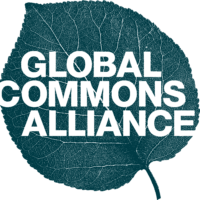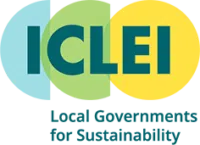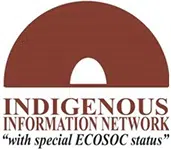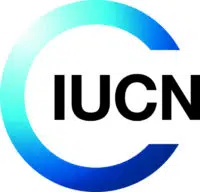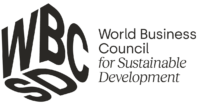
As we mark World Environment Day on June 5th, the spotlight this year is on an urgent and critical theme: land restoration, halting desertification and building drought resilience. These interconnected issues pose a formidable challenge, but also an unparalleled opportunity underscored by the alarming statistic that over 2 billion hectares of land are significantly degraded…and counting.
To effectively respond to the challenge and fulfill the opportunity for restoration, it requires concerted effort, resolve, and innovative solutions. All starts from acknowledging and valuing nature and its services to humanity, and in particular the dependencies of our society and economy on the natural world. If the effort may seem monumental, the reward will be formidable.
Land degradation is a silent crisis. Every year, an estimated 12 million hectares of land is lost to desertification and drought, roughly the size of Greece. Degraded land not only threatens food security directly but also exacerbates climate change as degraded lands release carbon dioxide into the atmosphere. In addition, droughts have increased in frequency and severity by nearly 30% in the last two decades, driven by climate change and unsustainable land management practices. A vicious cycle that also drives biodiversity loss and the disruption of natural ecosystems crucial to the overall stability of system Earth.
To tackle these issues, we must embrace a broader, transformative vision for a nature-positive world, one with more nature, not less. Nature Positive is a global societal goal defined as halting and reversing nature loss by 2030 on a 2020 baseline and achieving full recovery by 2050. Recognizing that the health of our natural systems is the bedrock of our societies and economies, achieving a Nature Positive world by 2030 is not just a lofty goal, it is a necessity.
Central to the Nature Positive goal is the ability to measure and value our relationship with nature. By developing and using robust ways to measure outcomes, we can track and abate nature loss and achieve a gain in the state and health of nature. Measurement and valuation help us understand the impact of our actions, guide policy and decision-making, and ensure accountability and recognition.
By unifying our system of measurement, as we have done for climate, we can make informed decisions that optimize positive outcomes for nature, people and our economy. This will lead to governments being able to tailor policies to enhance conservation efforts, businesses adopting sustainable practices that align with environmental goals, and communities engaging in targeted restoration activities that yield measurable benefits.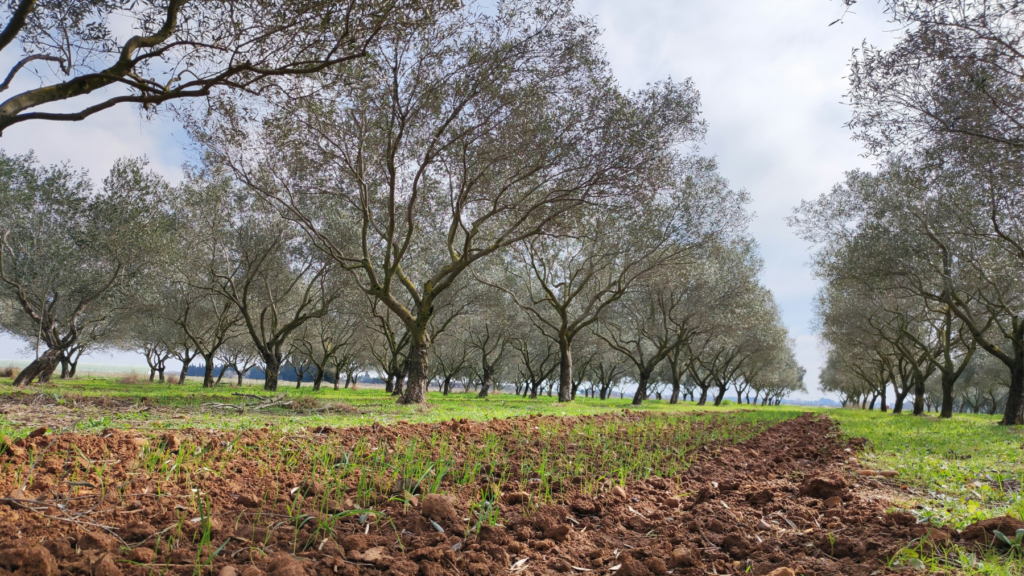
Agroforestry – c. Nicolas Barbault
We know what to do to reverse nature loss: conserve the intact nature left on the planet, restore what we have lost and degraded, and redirect financial flows to support a transition to a nature-positive economy. For this World Environment Day dedicated to restoration, it is important to stress that while restoring nature is a key component of a nature-positive strategy, conserving existing healthy ecosystems is paramount.
Many local successes around the world show how, for example, by restoring degraded forests, grasslands and wetlands we can sequester carbon, mitigate extreme floods and droughts, regulate and purify water, and protect wildlife habitats. To combat degradation and support restoration we also need to embrace sustainable resource management, with water top of the list. The importance of water is intuitive and yet water is perhaps one the most mismanaged vital resources of our planet. Sustainable water governance is crucial in combating desertification, drought and in supporting restoration efforts. Techniques such as rainwater harvesting, wetland restoration, and efficient irrigation can rejuvenate ecosystems and support agriculture, ensuring water security for communities and nature alike.
Shifting to regenerative agriculture will also tremendously support nature-positive outcomes. Switching from conventional farming – which often depletes soil health, water tables and biodiversity – to regenerative agriculture will support soil fertility and ecosystem health through practices like crop rotation, agroforestry, and minimal tillage. These methods can improve yields and also boost resilience against climate extremes.
The journey towards a Nature Positive future requires collective action. Governments, businesses, investors and individuals all have crucial roles to play. Policies and investments must prioritize sustainable management of our natural resources. Businesses are starting to set strategies for nature and adopting practices that reduce negative environmental impacts and restore natural systems. As individuals, we can support sustainable products, reduce waste, and engage in conservation efforts within our communities.
On this World Environment Day, let us commit to making land restoration, desertification prevention, and drought resilience central to our efforts. Let’s make peace with nature. By doing so, we not only safeguard our planet but also ensure a sustainable and prosperous future for generations to come, while recognizing and honouring the invaluable knowledge and practices of Indigenous Peoples and local communities in environmental stewardship.
Together, we can achieve a Nature Positive world by 2030, halting and reversing the loss of our precious natural heritage. It is possible and it is necessary. The only way to build a people-positive future is by securing a nature-positive one because we depend on nature more than nature depends on us. Let us act now, with urgency and determination, to restore our natural environment and build a safer, more just and resilient future for all.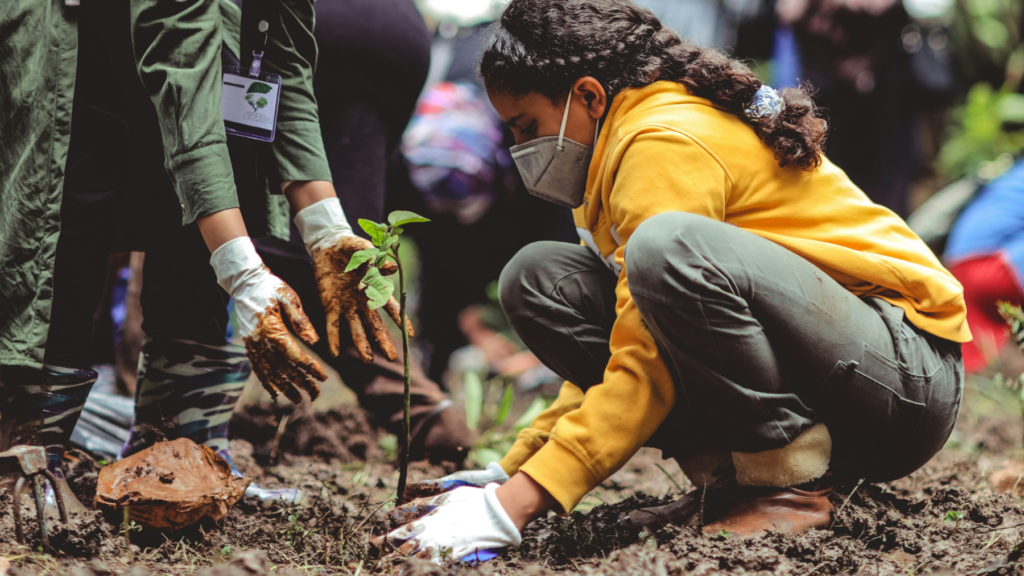
Planting trees – c.Eyoel Kahssay
- Find out more about the Capitals Coalition here.









